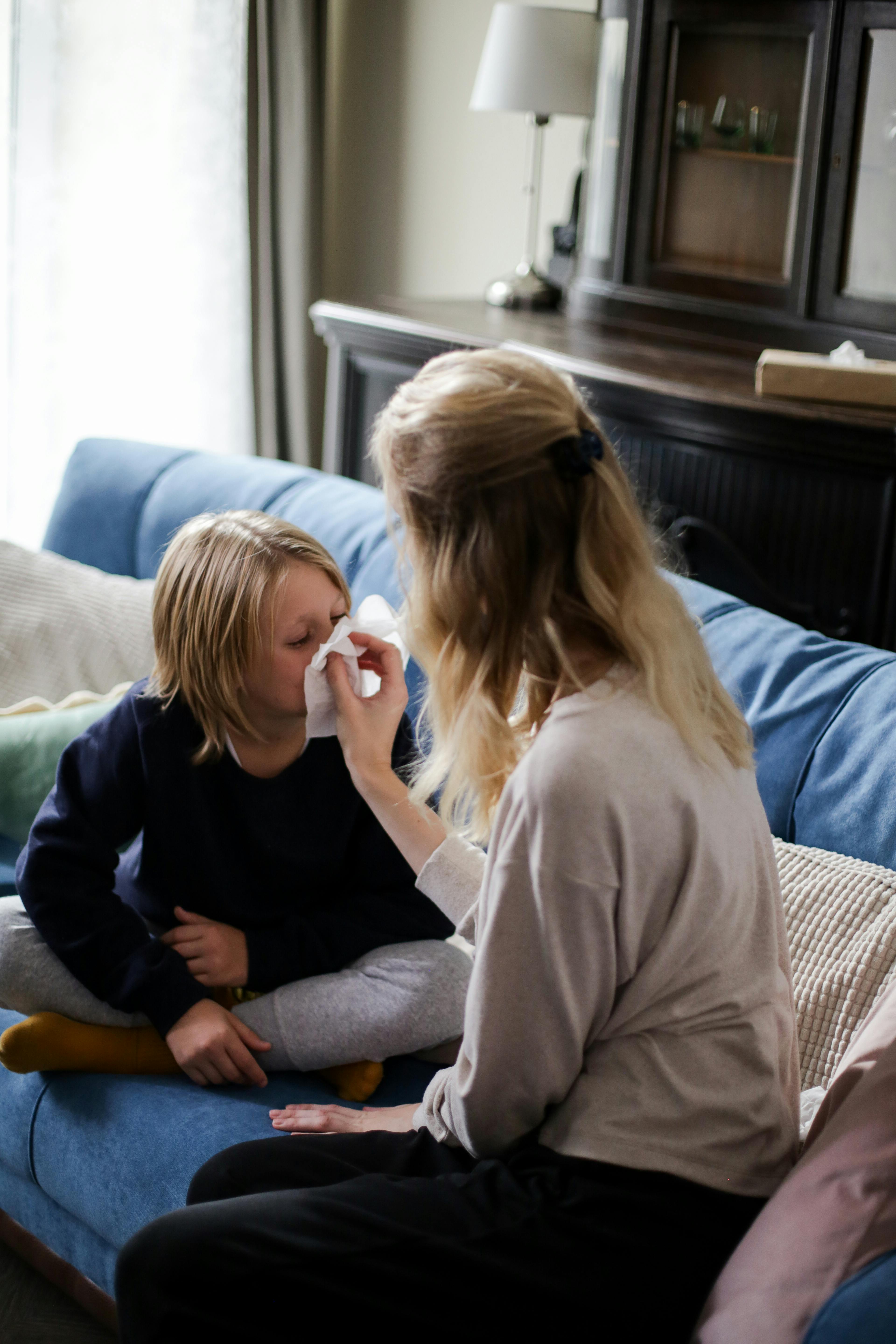Explore Smart Methods to Improve Your Portuguese Skills in 2025

Discover Proven Ways to Effectively Learn Portuguese in 2025


Strategies to Learn Portuguese Effectively
Learning a new language can be a rewarding endeavor, and mastering **Portuguese** is no exception. With numerous resources available, it's essential to apply effective strategies tailored to your **learning style** and goals. By incorporating practical methods and tools, you can set the stage for your **improvement in Portuguese skills**. From **interactive Portuguese exercises** to **Portuguese language apps**, we’ll explore various tools and methods that cater to diverse types of learners.
Online Portuguese Classes
Enrolling in **online Portuguese classes** is a flexible option that allows you to learn at your own pace. Many platforms offer courses ranging from **Portuguese for beginners** to advanced levels, ensuring everyone can find something suitable. Engaging in these classes often includes structured lessons, assessments, and opportunities for personalized feedback. Additionally, attending **Portuguese language forums** can support your learning journey by connecting you with fellow learners and instructors.
Utilizing Multimedia Resources
Enhancing your learning experience through **multimedia resources for learning Portuguese** can be remarkably effective. This approach includes using videos, music, podcasts, and games that make your language acquisition enjoyable and immersive. For instance, listening to **Portuguese language podcasts** regularly can drastically improve your **listening skills in Portuguese**, shaping your ability to understand various accents and colloquial expressions in the language.
Effective Learning Techniques for Portuguese Vocabulary
Building a robust **Portuguese vocabulary** is crucial in your journey to **speak Portuguese fluently**. Utilize flashcards and **vocabulary retention strategies** to reinforce memory. You can also integrate vocabulary into daily life—label objects in your home in Portuguese, or keep a **Portuguese vocabulary builder** notebook. Another method involves **learning through music**, where you focus on the lyrics to familiarize yourself with new words and accents, making the process enjoyable and engaging.
Grammar and Conversation Practice
A strong command of **grammar rules in Portuguese** and fluency in conversation are keys to effective communication. Regular practice and exposure to the language help develop these critical skills. Moreover, techniques such as role-play in **conversation classes in Portuguese** can simulate real-life scenarios that make learning practical. Here, you can focus on incorporating **common phrases in Portuguese** into your daily language exercises.
Mastering Portuguese Grammar
Understanding the structure behind the **Portuguese language** is essential. Through **Portuguese grammar exercises**, you can hone your proficiency in verb conjugations, sentence structure, and syntax. This knowledge aids learners in constructing meaningful sentences and improving their conversation skills. It’s beneficial to utilize resources such as **educational websites for Portuguese** that provide explanations and exercises tailored to your level.
Practical Conversations through Language Exchange
To truly **practice speaking Portuguese**, consider seeking out **language exchange for Portuguese**. Engaging in conversations with native speakers enhances your ability to understand idioms, slang, and regional accents. Platforms and communities focusing on language exchange can connect you with partners for immersive practice. Attend local meet-ups or join **Portuguese language groups** online to gain conversational experience.
Cultural Immersion Techniques
To solidify your learning, diving deep into **cultural immersion in Portuguese** is beneficial. Understanding cultural context can vastly improve comprehension and speaking abilities. Engage with **Portuguese films**, literature, and cooking to experience the culture firsthand, making your learning experience contextualized and relatable. This not only helps in learning **everyday Portuguese conversations**, but also builds a greater appreciation for the language.
Learning through Music and Film
Using films and music as educational resources can make learning engaging and enrich your **Portuguese language skills**. Focus on listening to different genres of music in Portuguese—this enhances your ear for the language and introduces you to diverse dialects. Watching films and shows in Portuguese provides insight into colloquial speech patterns. You might find that familiar phrases used often in **travel phrases in Portuguese** will lead to naturally integrating vocabulary into your speech.
Utilizing Portuguese Language Apps
In the digital age, **Portuguese language apps** offer a myriad of learning opportunities outside traditional classroom settings. Applications such as Duolingo, Babbel, and Memrise provide user-friendly platforms suited for learning at any time. They often include games and quizzes that make the process more engaging, helping maintain your motivation. Leveraging these resources can be an excellent way to enhance your vocabulary and grammar understanding through repetitions and interactive quizzes.
Enhancing Listening and Writing Skills
Effective language learning extends to honing your **listening practice for Portuguese** and developing **Portuguese writing techniques**. Finding **Portuguese reading materials** like books, blogs, and news articles aids in exposure to the language, while listening to audio can familiarize you with pronunciation challenges. Both skills are crucial for fluency, and incorporating various **Portuguese language resources** can provide well-rounded training.
Listening Practice Techniques
To improve your listening skills, dedicate time to listen to Portuguese music, podcasts, or audiobooks daily. This practice not only aids in catching nuances in **pronunciation in Portuguese** but also enriches your vocabulary with expressions naturally used by native speakers. Additionally, try listening and repeating sentences to develop your Accent Reduction for Portuguese and enhance clarity in speech.
Writing Practices for Better Expression
Mastering **Portuguese writing techniques** is vital for communication. Start a journal written in Portuguese to develop writing fluency. You can also share your thoughts and engage with Portuguese speakers online, joining language forums where you can receive constructive criticism. Consider doing **Portuguese language quizzes** as well, expanding your vocabulary while challenging your understanding of grammar and sentence construction.
Key Takeaways
- Use diverse resources such as online classes, music, and films for well-rounded learning.
- Engage with native speakers for real-life conversation practice.
- Focus on building vocabulary through multimedia and day-to-day interactions.
- Incorporate cultural aspects into your learning for better contextual understanding.
- Stay motivated by tracking progress and setting achievable goals.
FAQ
1. What are the best approaches for a beginner to learn Portuguese?
The best approaches include enrolling in a well-structured **Portuguese language course**, using **language learning apps**, and practicing daily through immersion techniques such as **watching films in Portuguese** or engaging in conversations with native speakers.
2. How can I improve my Portuguese pronunciation?
Improving pronunciation can be achieved by listening to native speakers, practicing with **Portuguese pronunciation guides**, and using audio resources. Recording your speech for comparison with native accents also provide clear feedback on areas that need work.
3. Are there free resources to learn Portuguese online?
Yes, many platforms offer free resources including **educational websites**, YouTube tutorials, and language exchange communities online. Look for **Portuguese language forums** or community groups on social media to find both supportive learning environments and resources.
4. What are some essential phrases for travelers learning Portuguese?
Common **travel phrases in Portuguese** include greeting locals, asking for directions, and ordering food. Phrases like "Por favor" (please), "Obrigado" (thank you), and "Onde fica?" (Where is...?) are essential for everyday interactions when traveling in Portuguese-speaking countries.
5. How can I stay motivated while learning Portuguese?
To maintain motivation, set achievable short-term goals, celebrate small victories, and engage actively with the language through conversation, reading, and interacting with the culture. Joining **language learning communities** can also provide encouragement and accountability among peers.